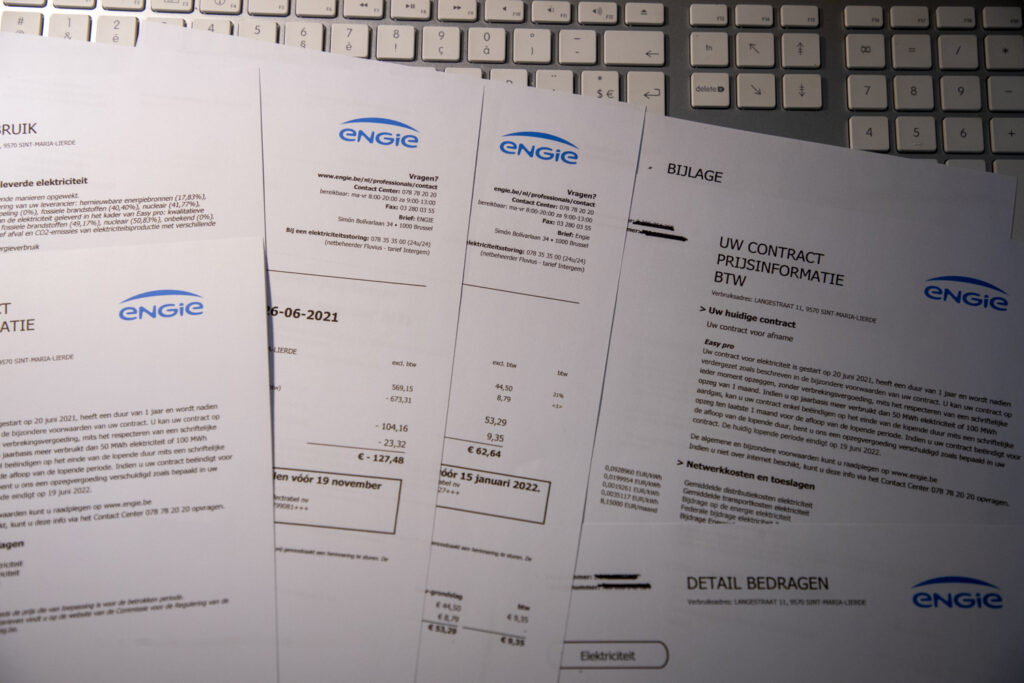Belgian households pay less for natural gas than in neighbouring countries and electricity is also cheaper here, with the exception of France, a PWC study reported Monday.
Government measures such as the reduction of VAT on electricity and gas to 6%, first temporary and then permanent, have helped to reduce prices.
According to the price comparison study with Germany, France, the Netherlands and the UK, Belgium was the cheapest country for natural gas at the beginning of 2023 (€113/MWh), closely followed by neighbouring France, thanks to low network costs, fees and surcharges. The Netherlands is the most expensive.
Competitive Belgium
However, regulators are seeing an increase in natural gas bills for industrial consumers in all countries, yet Belgium remains competitive thanks to "relatively low" charges, surcharges and network costs.
For electricity, in contrast to last year, Belgian households and businesses connected to the low-voltage grid paid less than in neighbouring countries (395 euros/MWh), with the exception of France where the standard product for households is regulated by the government. Nevertheless, prices remain significantly higher than in previous years.
Belgian companies that use the medium-voltage grid generally also pay less for their electricity.
The regulators' study also compares the proportion of disposable income that households spend on their energy bills, taking into account social measures relating to energy (reduction of VAT, granting of various bonuses or reduced tariffs). According to the results, it is less important (around 7%) for Belgian families with the lowest incomes than in neighbouring countries. In the Netherlands, in second place, the share of energy bills in the income of the most vulnerable households is around 16%.
"In Belgium, vulnerable families benefit from the social tariff," explain the regulators. "This allows them to benefit from significant price reductions on their energy bills."
'Avoiding social bloodbath'
The Federal Minister for Energy, Tinne Van der Straeten, considers these results "globally encouraging", especially for the most vulnerable families.
"At the height of the crisis, the social tariff largely contributed to avoiding a social bloodbath," she said. "The study also shows that other measures taken by the government, such as the reduction of VAT to 6%, have also helped to reduce the bill and the pressure on households and SMEs.
The minister says she remains “fully committed” to affordable bills and structural price reduction through more renewable energy. “We are accelerating the energy transition in Belgium and tripling offshore wind energy, which means cheap green energy for every Belgian family.”

